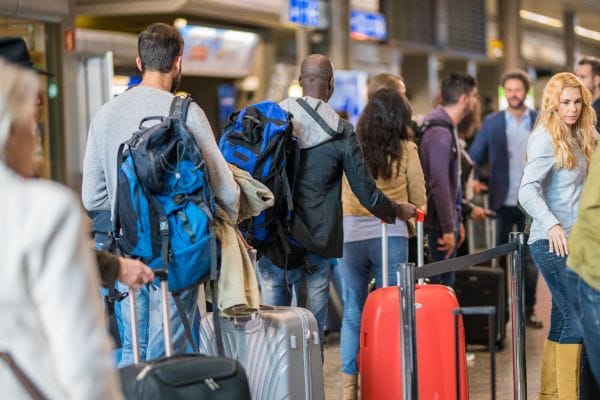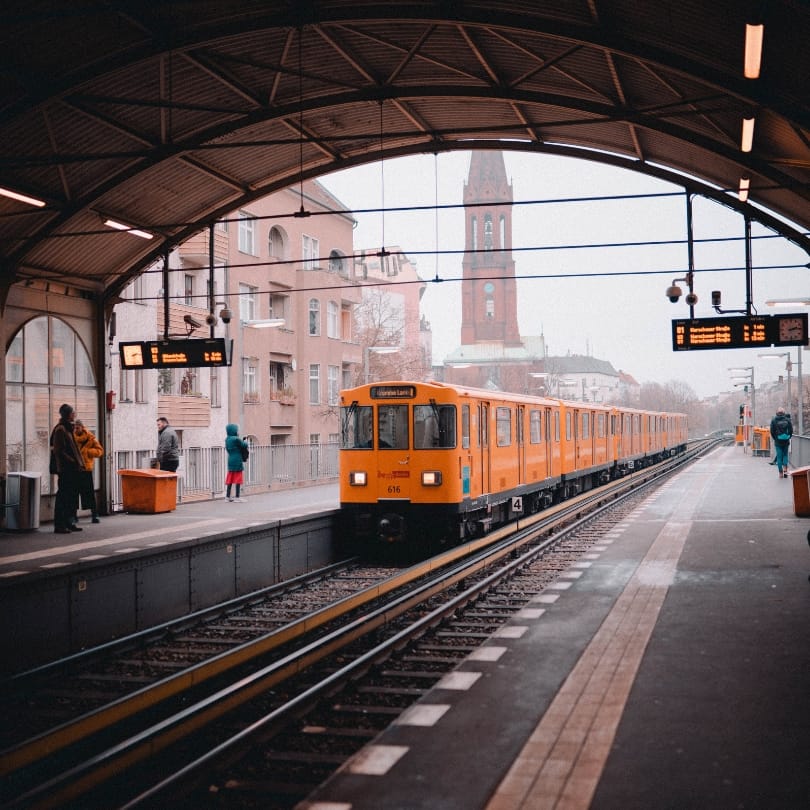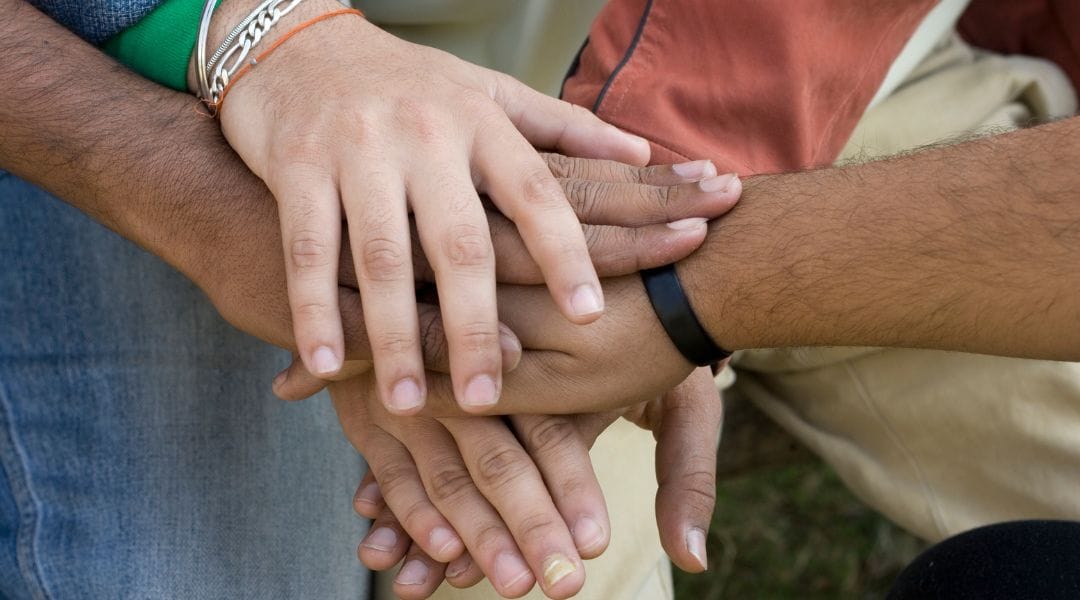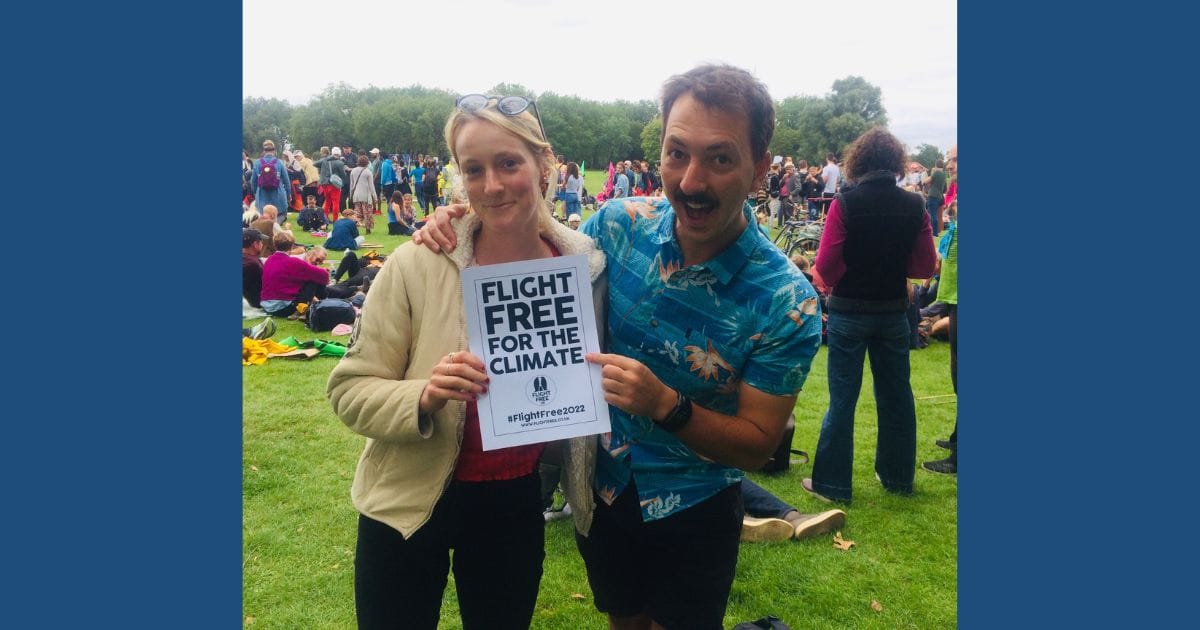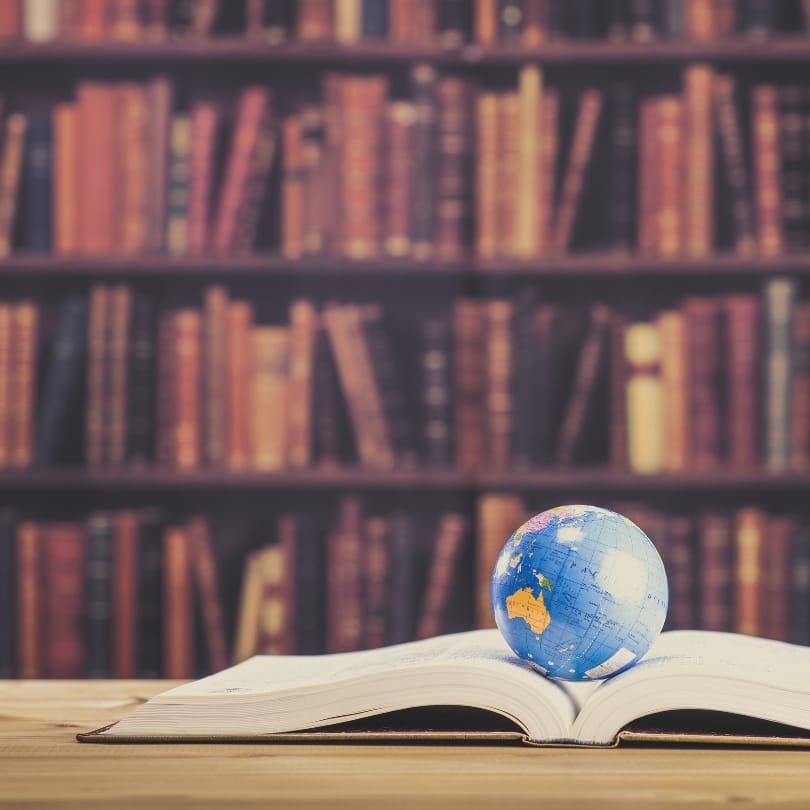For those who live in the Western world, we might suppose that flying is pretty common.
Our newspapers are full of adverts for cheap flights, the subject of dinner table conversations is often where we last went on holiday, and a stag or hen do is a quick weekend in a far-flung location.
Even if we don’t fly that much, the impression that society gives us is that most people do.
The truth is, the vast majority of the world’s population has never set foot on a plane. Even here in Britain, where we fly more than any other nation, only around half of us board a flight in any given year.
The vast majority of the world’s population has never set foot on a plane.
This starts to reveal the serious inequality of aviation. The benefits of flying are experienced by a select few – yet the harm is felt by us all.
Taxation
By international agreement, aviation fuel is not taxed. This is one reason why airlines can offer rock-bottom prices, and low-carbon modes of transport such as trains can’t hope to compete.
The ‘free ride’ that airlines enjoy because of this tax exemption adds up to the tune of £7bn per year – enough to slash train fares by 2/3rds if it were invested in rail, according to climate charity Possible.
The principle of taxation is that we all contribute to the benefit of society. When it comes to aviation, the benefits are only felt by a small group of people. This means that those who choose not to fly, or are unable to fly because of cost or circumstance, are subsidising the flights of a few. Those who don’t use luxury travel are paying for others to access it instead.
Those who don’t use luxury travel are paying for others to access it instead.
Noise and air pollution
Those living near airports or under flight paths can suffer hugely from noise pollution. Work by the AEF reveals just how bad it can be to be exposed to aircraft noise on a regular basis.
Increased road traffic driving air pollution and congestion in the area, and air pollution from the planes themselves, can be of huge detriment to the local community. In some cases, council tax is invested in an airport, essentially meaning that local people’s taxes facilitate other people’s holidays.
Climate change emissions
It’s a grave injustice that the people who are already suffering the devastating effects of a changing climate are the least responsible for causing it. Here in the West we are already seeing the early effects of global heating: warmer winters, unpredictable weather, increased chance and severity of wildfires, and difficulty in reliably growing crops.
Yet people across the global south have been suffering this reality for years. This is happening right now, and it is largely caused by our high-carbon, high consumption western lifestyles.
The people who are already suffering the effects of climate change are the least responsible for causing it.
Now, more than ever, we need to seriously consider our use of flights. This will help us urgently reduce emissions, noise and air pollution. But equally as importantly, this will go a long way to addressing issues of climate injustice.
